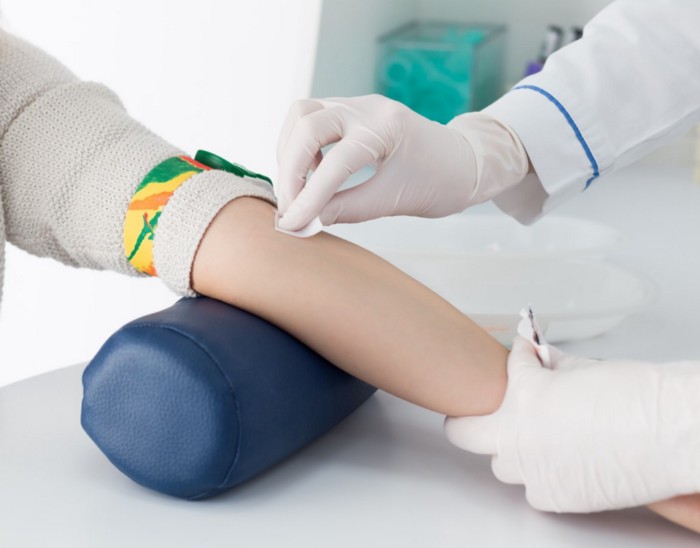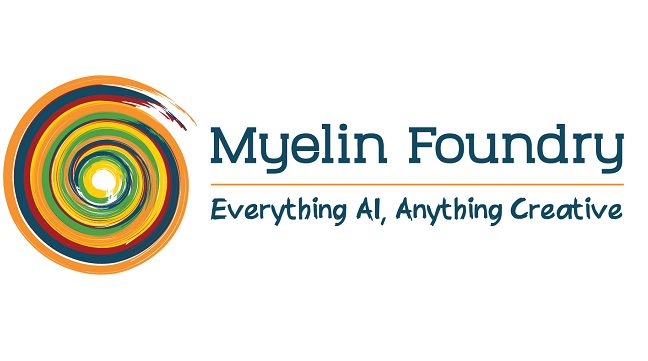Humans are living longer, but are they living better? AI and Deep Learning can measure various wellness indicators like chronic inflammation and recommend a series of lifestyle changes for better health.
What if you had the ability to predict when your health was deteriorating?
Imagine being able to regularly monitor the proteins, white blood cells, or cortisol levels in your body to know if you’re prone to suffering from cardiovascular diseases or diabetes.
What if you could use this information to make major lifestyle alterations to stay healthy?
What if you could also measure the efficacy of those alterations?
It’s likely that you think these are far-flung what ifs. That the human body is too complex for anyone to calibrate wellness over the results of a few tests. But whoever concedes defeat because of this complexity has not looked at how emerging technologies can look at our cellular structure and predict wellness in granular manner.
Chronic Inflammation
The cells in our bodies are not static. They communicate with each other by secreting proteins and releasing them into the extracellular space. Scientists measure a wide range of these signalling proteins to understand inflammation and how inflammation affects health.
Acute inflammation is part of the body’s natural healing system in response to an injury or illness. But human bodies also respond by triggering inflammation when you are too stressed, don’t eat or sleep well, and barely exercise — this is termed chronic inflammation. Inflammation at a chronic level can be dangerous for the body.
You might have heard about chronic inflammation in the passing, how certain drinks, green tea, for instance, can help reduce it. But it should be taken more seriously than that: New science now establishes that measuring chronic inflammation can tell how well a person is.
Why do you need to know about chronic inflammation, anyway?
If you have chronic inflammation, at some stage you are bound to develop chronic diseases like diabetes, high blood pressure or cancer. The onset is irreversible.
Unless you intervene.
Too Many Blood Tests

Currently, blood tests are the best way to measure chronic inflammation, and so, wellness. They can tell you the amount of High-sensitivity C-Reactive Protein (HSCRP) in the blood, or cortisol levels through the secretion of adrenocorticotropic hormone (ACTH). A Serum Protein Electrophoresis (SPEP) test also measures highly-specific proteins to identify diseases.
But if the level of inflammation in the body is measured, other crucial information, specific to your gender, circadian rhythm, body mass index, stress levels that can help better understand wellness is ignored. It’s unlikely that your doctors are paying attention to these additional parameters. And the reason is simple: doctors are in the business of helping patients when they’re ill, not when they are seemingly healthy.
Measuring Wellness Non-Invasively
Nowadays we use activity trackers whose sensors record our fitness activity. The biggest advantage of these trackers is that they allow continuous monitoring non-invasively. In healthcare, too, non-invasive ultrasonic or electro-chemical sensors are being widely used. Slowly, new tools and techniques are proving that sensors can add tremendous value in wellness as well.
One such technique is bioimpedance: A bloodless, useful and quick way to measure your body composition, including fat, muscle mass, mineral composition, and body water. Bio-impedance gives a point measurement which can help detect chronic inflammation.
Certain tracking devices are already measuring heart rate variability and there are other commercial scales that measure bio-impedance. But these devices and scales do not attempt to infer chronic inflammation. They do not account for equally crucial information like the body’s circadian rhythm or menstrual cycle to obtain a holistic wellness measure.
Artificial Intelligence and Deep Learning can combine this information and Deep Neural Networks can help correlate it to understand how well you are.
Blood tests might still be more accurate, but a wearable can monitor and track bodily changes consistently and over a longer period of time. Along with sensors measuring heart rate or bio-impedance, pictures of the shape and texture of the tongue, the color of the skin, eyes, or nails can help understand a person’s overall health. In the long run, therefore, wellness trackers will prove to be a valuable and sustainable option.
An AI-driven Wellness Platform
Myelin Foundry, a Bangalore-based AI company, is developing the technology, including the wearable and the operating software, to transform healthcare from sick-care to pro-active care.
Gopichand Katragadda, the Founder and CEO, says, “Our wellness platform includes wearable devices that will measure ambulatory signals corresponding to bio-impedance, heart rate variability, and skin characteristics. Additionally, one-time information including age, gender, height, weight, and menstrual cycle will be collected. An AI fusion of this data will help predict chronic inflammation, acute inflammation, and stress levels.”
A lot can be inferred from this precious information apart from simply signalling how healthy a person is. Myelin’s AI driven health platform can use this encrypted data to offer advice on the required lifestyle changes or connect people to curated wellness options based on their results. For instance, if the lack of sunlight or a higher stress level is observed, the advisory could be to get more physical exercise. And so, curated fitness activities would be recommended.
But the issue’s mere identification is insufficient. One should be able to track if the recommended solutions are effective. The wellness platform will allow a continuous measurement and relay of vital information about the person’s health.
Upgrading Existing Technology
There’s a justified bias against existing technology. It’s natural for people to diss search engines that offer misguided and unverified medical advice. Google, for instance, operates on the data that’s out there, a lot of which is about people who are unwell. There’s limited data on people who are well. That’s where an AI and deep learning based wellness platform which approaches health through sensors and not search results can make a difference.
However, the approach is not to meant to stir up hypochondria. The system is developed keeping in mind that matters of health are highly sensitive. People should not be unduly alarmed or triggered into using the platform every hour. Numbers will not change by the minute, and hence, a weekly update will keep users sufficiently informed if their lifestyle changes are bearing results or not.
The advantages, however, of a wellness platform are undeniable. Apart from helping individuals improve their health, embracing technology can shake up global conversations on healthcare.
The Next Leap in Wellness
Healthcare, currently, focuses on early detection. Developing technology can surpass early detection in favor of wellness that stops people from reaching a chronic stage in the first place.
A move from illness to wellness can have widespread effects worldwide but especially in countries with a poor doctor-patient ratio and a severe lack of healthcare investment. Therefore, using AI and sensors to bring the best doctors’ knowledge to low-income individuals and societies is a dream we must aim for.
The future of healthcare is not without doctors, it’s a world where doctors will be assisted by technology, by the wealth of knowledge of their peers, and those who came before them.
They will also be assisted by people who may not become patients, who take charge of their health by focusing on wellness, not treatment. So that we not only live longer, but also better.





